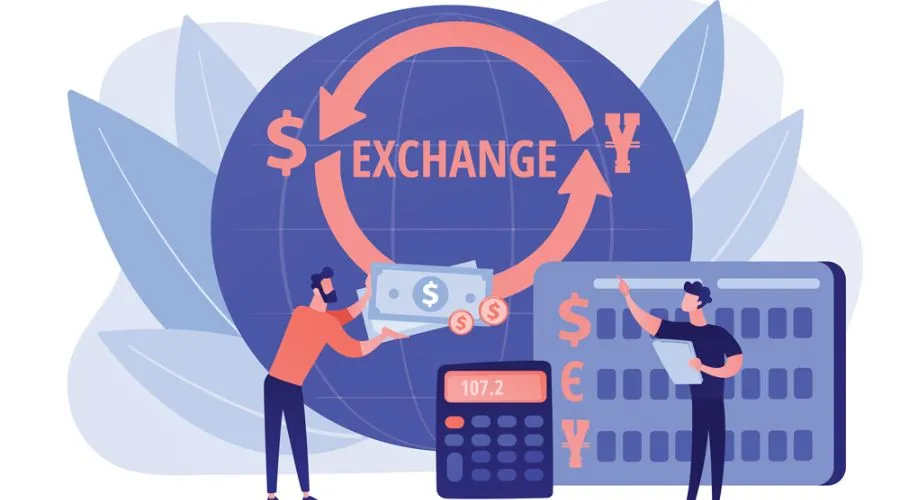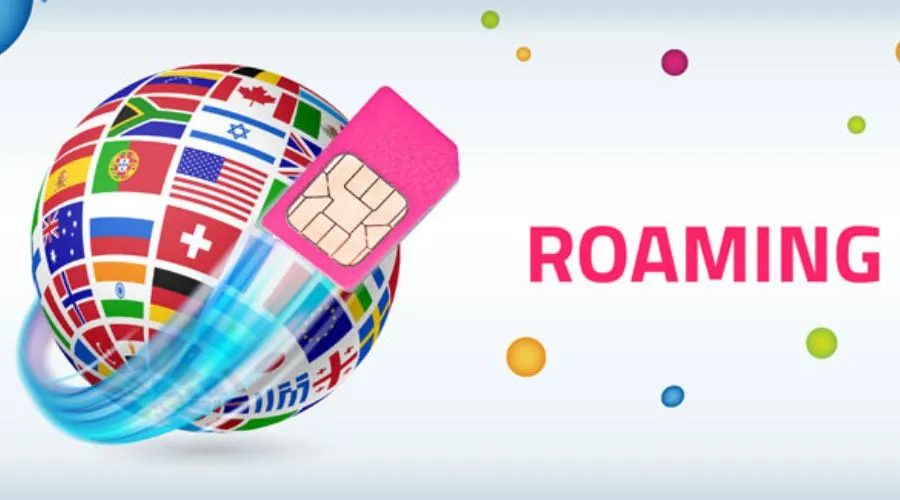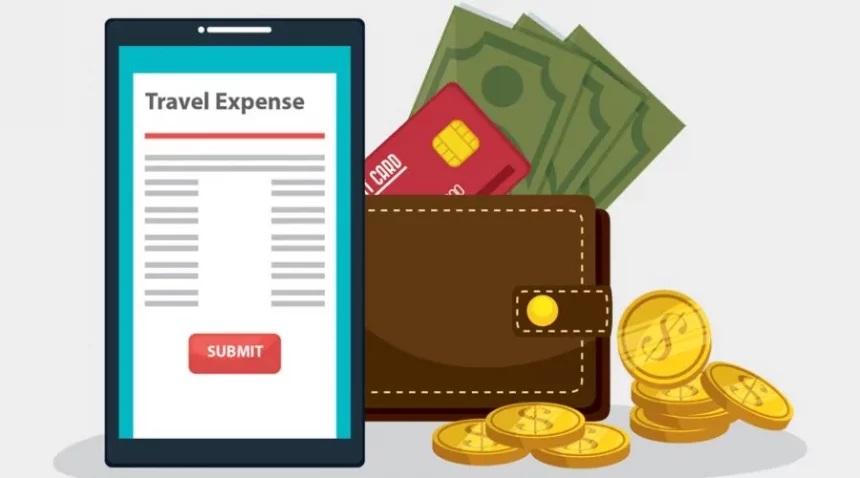Unexpected travel expenses are costs that occur on a trip that wasn’t planned for or anticipated in the budget. These costs often come as a surprise to travelers and strain their financial situation. Various unforeseen expenses, such as flight delays or cancellations, baggage fees, hotel surprises like extra fees or resort charges, transit costs, international transaction fees, ATM fees, travel insurance, and roaming charges are just a few examples.
If not properly managed, these costs can quickly accumulate and impact the overall travel budget, sometimes causing financial stress. Travelers can maintain control over their spending and have a more pleasurable and cost-effective journey by being aware of these potential charges and taking proactive steps to reduce or prevent them. In light of this, let’s examine some of the most unforeseen travel costs.
Know your travel expenses and avoid expenses
1. Flight changes or cancellations:
Unexpected flight modifications or cancellations may incur significant costs. Consider purchasing refundable or flexible tickets in order to avoid this, but they are typically more expensive upfront. Another alternative is to pick an airline with more lenient change procedures; in some cases, these airlines will waive or reduce change fees. Additionally, sign up for flight notifications or follow the airline on social media to be informed about the status of your flight and any potential delays.
2. Baggage fees:

Baggage charges can add up quickly, especially if you have a lot of bags or overweight luggage. Examine the airline’s luggage regulations before making your reservation. Some airlines provide complimentary checked bags or more lenient baggage policies. To avoid additional fees, pack as lightly as you can and limit your luggage to carry-on only. Another choice is to think about obtaining a co-branded credit card, which might save you money if you frequently fly with a particular airline and comes with perks like free checked luggage.
3. Accommodation surprises:
You might be surprised by any additional costs linked with your accommodations. Read the small print and look for additional fees above the room rate when making a hotel reservation. Some hotels charge extra for services like Wi-Fi, parking, access to the gym, or resort fees, which can have a big impact on your overall costs. Read reviews from previous travelers to get an idea of the extra expenses and think about alternate lodging options like vacation rentals, hostels, or guesthouses, which may provide more transparent pricing, to prevent unpleasant surprises.
4. Transportation costs:
Your travel budget might be swiftly depleted by transportation costs like taxis, rideshares, public transportation, or auto rentals. To locate the most economical solutions, do some prior research on the local transport options. Utilise apps or websites that collect transit options and offer price comparisons, compare costs and compare prices. You may explore the local culture and save money by taking the public transit system. However, if you’re traveling in a group or touring far-flung regions, renting a car can be more practical and affordable. Just make sure to account for extra expenses like fuel and parking.
5. Foreign transaction fees:

Be aware of the foreign transaction fees levied by your bank or credit card issuer when using your credit or debit card abroad. These costs, which are normally calculated as a percentage of the transaction value, can quickly rack up. Ask your bank or credit card company whether they have any overseas transaction fees before you leave. If they do, think about getting a prepaid travel card with inexpensive foreign exchange transaction fees or a credit card that doesn’t impose these fees. You can reduce your spending and stay away from avoidable charges by using such cards.
6. ATM fees:
Significant costs may also apply when using an ATM outside of the country. A fee may be assessed by ATM operators, and your bank may also impose a cost for withdrawals made outside of the country. Check with your bank to see if they have partner banks or alliances in your target country before you fly to reduce these fees. Using partner banks frequently enables fee-free cash withdrawals. To prevent repeated ATM withdrawals and related fees, it’s a good idea to have some local money with you when you arrive.
7. Travel insurance:
Unexpected occurrences like medical problems, travel delays, or misplaced luggage might incur significant costs. Financial security and mental peace of mind can be obtained from travel insurance. Read the policy completely before getting travel insurance to understand what is and is not covered. Pay close attention to any specific requirements, deductibles, coverage limitations, and exclusions. Before getting supplementary insurance, see if your credit card offers coverage. Some credit cards also include travel insurance as a perk for cardholders.
8. Roaming charges:

Using your cell phone while traveling internationally may result in expensive roaming fees. Before your vacation, get in touch with your mobile service provider and ask about their international roaming prices and possible options to avoid any unpleasant surprises. Affordable international roaming packages and temporary SIM cards are sometimes offered by providers. To reduce your reliance on cell data while traveling, another choice is to rely on Wi-Fi networks and use internet-based communication apps for calls, texts, and data.
Conclusion
During a journey, unanticipated travel costs may appear and present financial difficulties if not planned for or handled effectively. These expenditures may include everything from luggage fees and flight changes to unexpected lodging bills, travel insurance premiums, ATM fees, and roaming charges. Planning and research must be done with great care if you want to lessen the impact of these costs.
Travelers can reduce unexpected costs and keep control of their travel budget by purchasing refundable or flexible tickets, understanding baggage policies, reading the small print of accommodations, contrasting transportation options, being aware of foreign transaction and ATM fees, thinking about travel insurance, and investigating reasonably priced communication options. An enjoyable and budget-friendly travel experience can be had by being prepared and proactive. For more information, visit Viator and the official website of Tripcolumn.




